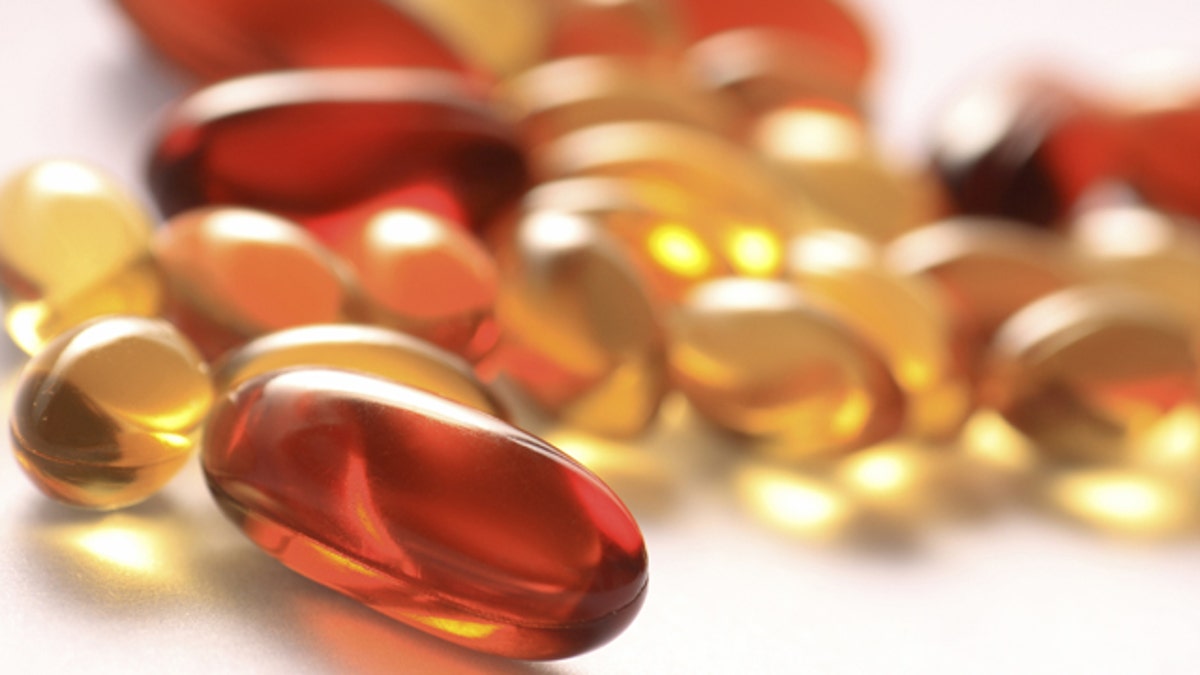
(iStock)
A new study deflates hopes that certain nutritional supplements could stave off prostate cancer, the second most common cancer in men.
Canadian researchers found that vitamin E, selenium and soy, taken daily for three years, provided no benefit to men who were at a higher risk of developing the disease.
The findings come three years after a larger study of men, who were at no increased risk of prostate cancer, also found no benefit of selenium or vitamin E supplementation (see Reuters Health report, October 28, 2008).
Initially, there had been high hopes for these supplements, said Dr. Neil Fleshner, who worked on the new research and heads the urology department at the University Health Network in Toronto.
Surveys of people who consumed high levels of vitamin E, selenium, or soy through their diets or by supplements found a decreased risk of developing prostate cancer, and experiments in laboratory animals also showed a benefit.
Vitamin E and selenium are both antioxidants that are present in foods.
In this study, the researchers randomly assigned 303 men to take either a combination of the supplements or a non-nutritive powder that resembled the supplements every day for three years.
The combination included 40 g of soy (about 1/3 of a cup), 800 U of vitamin E (about 35 times the recommended dietary levels), and 0.2 g of selenium (four times the recommended dietary amount).
All the men had signs of pre-cancerous cells, which put them at a higher risk for developing prostate cancer.
When Fleshner and his colleagues compared the number of cases of cancer in each group, the results were nearly identical. Twenty-six out of every 100 men developed prostate cancer after three years, regardless of whether they took the supplement or the whey-based placebo powder.
"To our chagrin, there was no benefit," Fleshner told Reuters Health.
The current research differed from previous work in that it included soy. Fleshner said rates of prostate cancer are much lower in China and Japan, where people consume soy in large amounts, than in the United States or Canada.
The results don't rule out that soy might be beneficial to those who eat it frequently for decades, but three years of extra soy don't appear to help prevent prostate cancer.
The Canadian Cancer Society Research Institute funded the study, and the supplements were provided by a company that manufactures them.
"I think that in the absence of more compelling scientific data for vitamin E and selenium, that we should move on," Dr. Eric Klein, chair of the Glickman Urological and Kidney Institute at the Cleveland Clinic, who headed the 2008 study, told Reuters Health.
Prostate cancer is diagnosed in 156 out of every 10,000 men in the United States each year. But some of the tumors may never become deadly and there is debate over the best way to treat them.
Fleshner agreed with Klein, who was not involved in the new study, in that there are enough data now to warrant abandoning research on vitamin E, selenium and soy and their potential benefits to preventing prostate cancer.
"We need to look at new strategies and novel nutritional agents," Fleshner said.







































